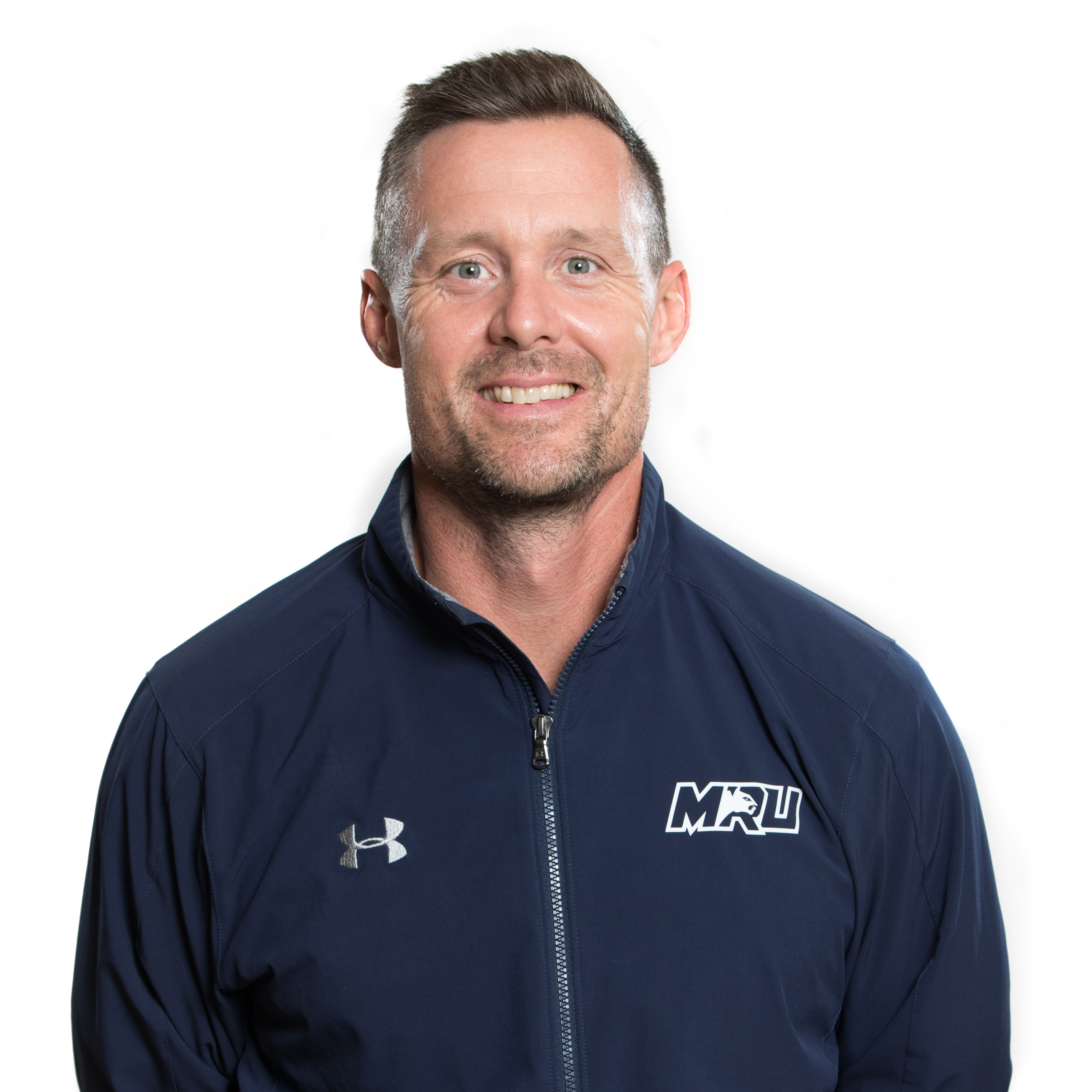KSR graduate certificate feature: Bjorn Billehaug
Danica Erickson - 15 June 2023

Bjorn Billehaug
Meet Bjorn Billehaug, a sport and recreation professional and student in the Faculty of Kinesiology, Sport and Recreation’s (KSR) Graduate Certificate program. Billehaug, who is currently the associate director of recreation at Calgary’s Mount Royal University, enrolled in the program with an eye to the future.
The University of Manitoba graduate has worked in a number of roles in the recreation sector following the completion of his first degree, and now he’s preparing to take his career to the next level. “In addition to being passionate about lifelong learning, I also want to position myself for the next step in my career, which most likely requires having a master's degree.”
So far, he has completed the Sports and Recreation Management and Indigenous Sport and Recreation (ISR) Graduate Certificates. Billehaug spoke to us about why he’s chosen this route to a master’s degree, what he’s learned so far and how the courses he’s taken are transforming his work.
How did you hear about the KSR certificate program, and what motivated you to take it?
I first heard about the Faculty of KSR graduate certificate program when I attended the Western Canadian Campus Recreation Conference, now the NIRSA Canada Conference, which was held at the University of Alberta in 2017 or 2018.
I’ve always been interested in pursuing a master's degree and started seriously considering my options during the pandemic. I looked at some other programs, but ultimately I chose the KSR graduate certificate program as a laddering route to a master of arts in recreation and leisure at the U of A because it provided the flexibility and balance I needed in my personal and professional life.
What gaps did these certificates help you fill?
I wanted to develop my skills, knowledge and abilities in relation to my current role at MRU. The Sport and Recreation Management Graduate Certificate increased my competency in the field in many areas, including organization in the public sector, facilities and event management, marketing and experience design, and organizational behaviour.
I also wanted to increase my understanding and knowledge about Indigenous Peoples’ physical activity and managing sport and recreation programs in Indigenous communities, because I had a real lack of knowledge in this area.
What has been your biggest takeaway?
What I learned in the ISR graduate certificate was the most impactful learning experience for me, especially the practice of community-based participatory research and the concept of Two-Eyed Seeing: viewing the world through both Indigenous and Western perspectives.
That course introduced me to a variety of Indigenous and non-Indigenous scholars, including the program instructors, and gave me a greater appreciation and understanding of Indigenous ways of knowing when it comes to physical activity, health and well-being. After taking the course I feel much more confident in my ability to build meaningful and ethical relationships with Indigenous communities in support of their wellness needs.
I’ve actually encouraged my own team members to consider taking the ISR certificate, and I would strongly recommend that any practitioner — regardless of position — in the recreation and sport sector take it. It provides a base of understanding, knowledge and skills required to ethically and respectfully work with Indigenous people and communities. The coursework, in-person learning experiences, interactions with professors and my peers in the program have made this a transformational learning experience for me.
How have these certificates helped you professionally and in career development?
Many of the topics in the course I’ve completed were familiar to me, but I’ve been able to align various projects and final assignments in these courses to my actual role, and that provided value both personally and professionally. I continue to access course materials and several learning resources and have also shared some of these with my direct reports and supervisor.
I built several of my projects and final assignments around actual scenarios, challenges, problems and opportunities within my current role at MRU. I’ve integrated the hazard-assessment and risk-management planning process into an annual process at my work. I also integrated the process of reframing into an issue we were having with facility usage prioritization at work.
Now I’m working with Insikim Centre, the Indigenous office at MRU, to explore ways we can co-create meaningful sport and recreation opportunities for Indigenous students at MRU.
Why would you recommend these certificates to someone, and what is your advice to applicants?
The asynchronous delivery of the courses is beneficial for working professionals who are interested in pursuing master-based learning. Meeting other people from around Canada was also beneficial because it increased my network of contacts.
And from a personal-finance perspective, completing one course per term is helpful; you’re not required to pay large amounts of tuition at one time.